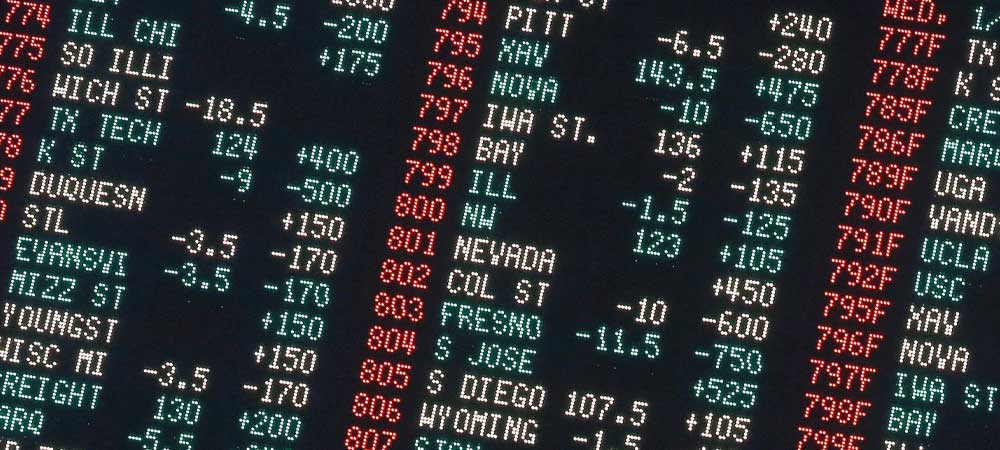Now that the Professional and Amateur Sports Protection Act (PASPA, 1992) has been overturned, West Virginia’s HB 415 – enacted without the governor’s signature on March 3, 2018 – has given the West Virginia Lottery the sole authority to oversee the implementation of the state’s sports betting industry. West Virginia governor Jim Justice had withheld comments on sports betting in the state while PASPA’s Supreme Court case was pending, but now the federal ban has been eliminated and his own state has passed laws on athletics wagering, he is finally chiming in. (His abstinence up till now can be explained by the fact that he owns The Greenbrier, one of the state’s five casino gambling locations which will likely receive operator licenses to offer sports betting in the near future.)
However, now that Justice is finally free to speak up, he seems to be taking on something of an antagonistic stance towards sports betting in West Virginia, even calling for a special session to remedy “flaws” in the current law (HB 415), whatever those flaws may be. Further, he has already decreed that “no part of an integrity fee for sports betting would be paid by the state. I demand…that the entire fee be paid by the casinos.” For those in the gambling industry stateside, the concept of a so-called “integrity fee” is an economic nonstarter, as it would siphon up to 20% of a given sportsbook’s profits right off the top should the major sports leagues – and governor Justice – have their way. Plus, HB 415 makes zero provisions for integrity fees of any kind.
Additionally, Justice has been loose-lipped about the beneficiaries of any economic surplus that arises from a successful state sports betting operation. Without any legislation or agreements in place, he has already stated that West Virginia’s largest colleges, WVU and Marshall, would be the first recipients of such profits. This, allegedly, because some charlatan named Tom McMillen of Lead1 (an athletic director’s association representing the two schools) has claimed – without any supporting data (because there is none) – that legal sports betting on NCAA games, as opposed to all the gray and black market betting that currently goes on, would cost the two colleges “hundreds and hundreds of thousands of dollars.”
Of course, none of this is truly surprising. The biggest risk with sports betting’s legalization across America is not whether the activity will lead to more match fixes or throw games; it is not whether wagering on sports will cause more poverty; it is not whether more folks will become addicted to gambling; it is not the potential for Las Vegas to lose a tiny bit of its luster. It is not any of that.
No, the biggest risk with sports betting’s legalization across America is simply that the various state (or federal) governments in charge of the activity will tax it to hell and then misallocate that money in a way that doesn’t actually help the community. Like giving WVU and Marshall a bunch of extra money for pretending to care about something that predates their own existence as if it were some newfound threat requiring immediate attention.

